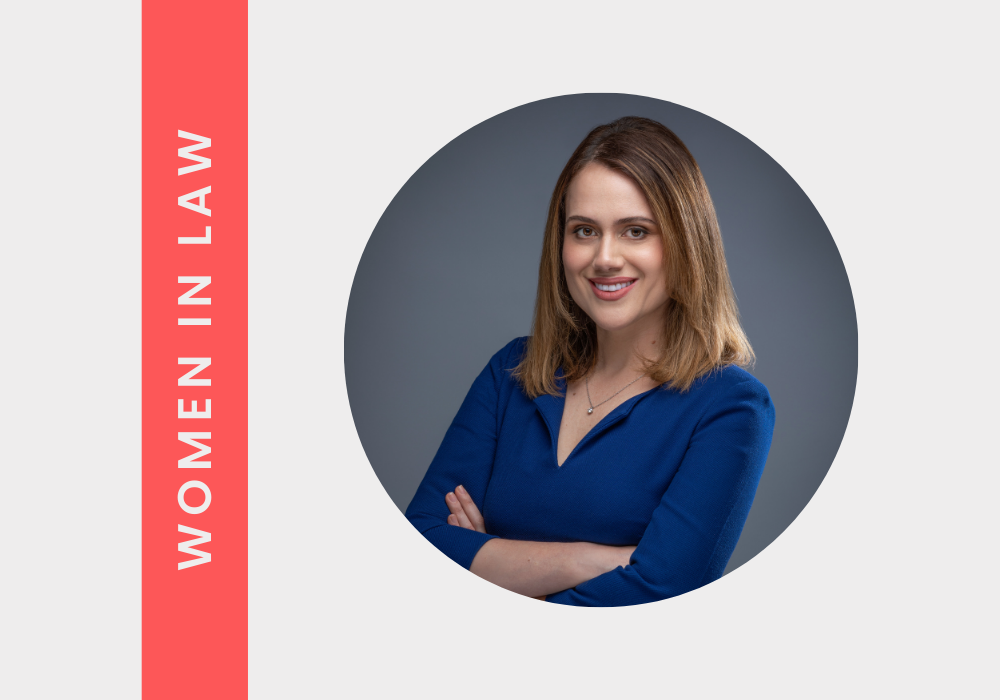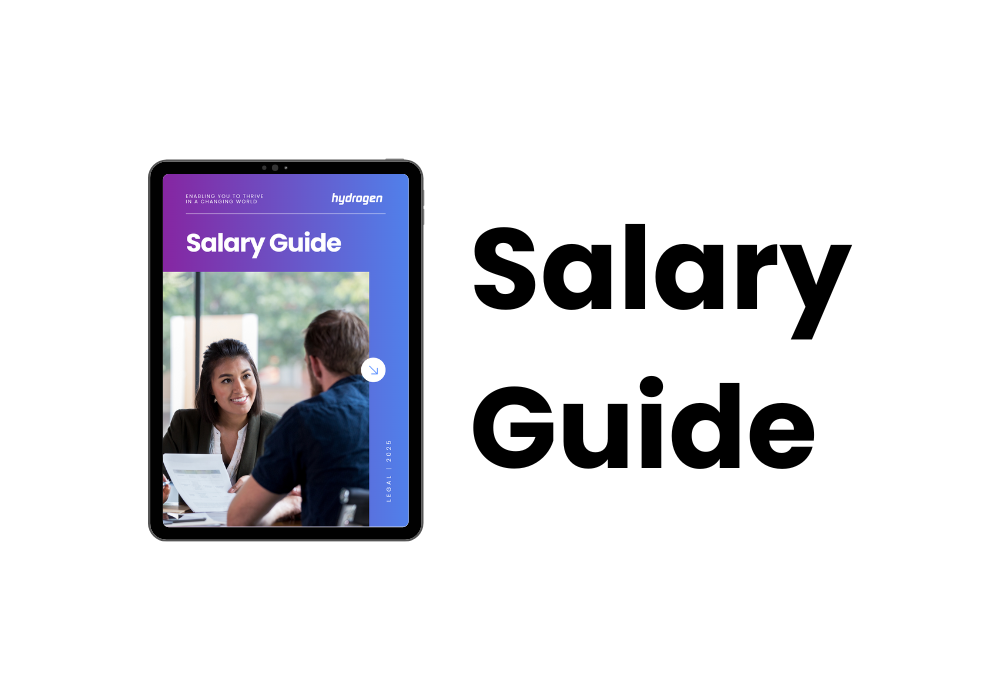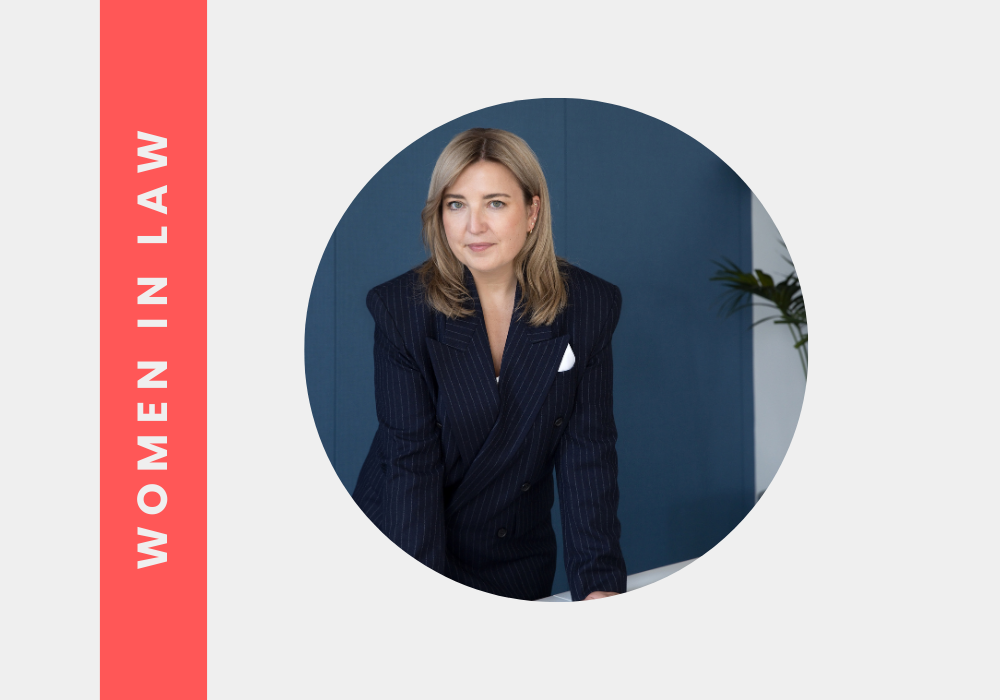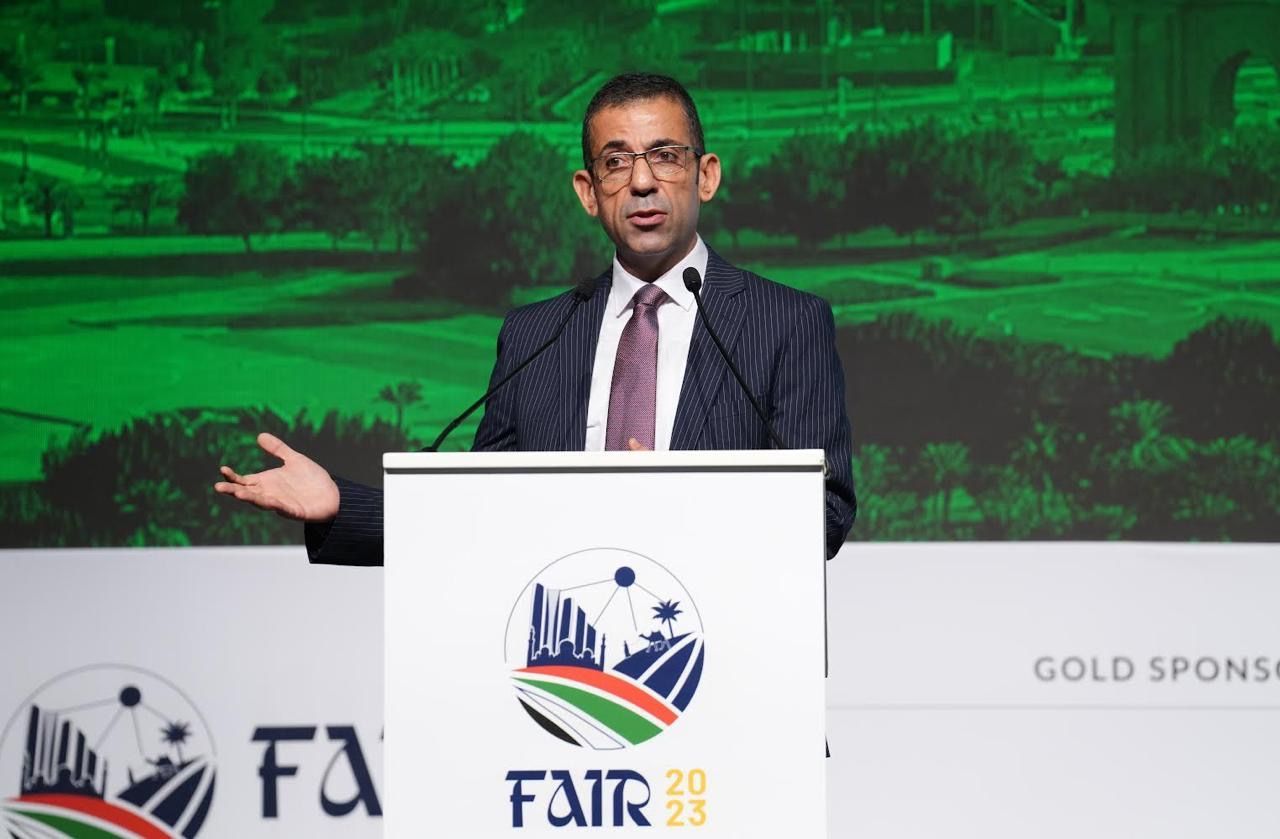Women in Law: Radwa Elsaman
We're back! We're thrilled to announce the return of our interview series, Women in Law, where we shine a spotlight on the extraordinary women making waves in the legal world. Join us as we delve into their journeys, explore their challenges and triumphs and celebrate their remarkable achievements.
With over 15 years of experience as a bi-lingual attorney, Radwa Elsaman has made her mark in corporate commercial law, compliance, and regulatory affairs. She has collaborated with top law firms like DLA Piper and Dentons, and advised global entities, including the World Bank and USAID, on complex legal matters. Radwa also teaches at Cornell Law School and actively supports female leaders, sharing her expertise through initiatives and courses focused on empowering women in the legal profession and beyond.
Tell us about your career progression to date.
Throughout my 15-year career as a bar-admitted bi-lingual attorney, I have specialized in corporate commercial law, compliance, and regulatory affairs. I've had the privilege of collaborating with esteemed law firms, including DLA Piper and Dentons, and in-house teams in the fields of oil and gas, telecommunication, and retail, overseeing complex corporate transactions, and providing strategic counsel on a wide spectrum of legal matters.
My expertise extends to advising international organizations and governments – including the World Bank Group, the European Investment Bank, the USAID, the IDLO, among others, on regulatory frameworks, policy drafting, legal restructuring initiatives, and government support.
I also expand my impact through teaching law with Cornell University School of Law, one of the Ivy League in the USA, designing courses tailored to American lawyers on Middle Eastern Laws.
Armed with a Master's and PhD in law from the Washington College of Law in DC, and being bi-lingual my scholarly contributions have been published in prestigious law journals and recognized by leading publishers such as Cambridge, the American Bar Association, and Edward Elgar Publishing Ltd.
Looking back on your career, what are some key moments that have helped or hindered you in getting to where you are?
There have been several pivotal moments that both propelled and challenged my progression. A key moment was joining a prestigious law firm early on, where I had the opportunity to work on high-profile corporate transactions and gain invaluable experience in commercial law. I remember being trusted with leading highly sophisticated transactions, a role typically reserved for partners, even while I was still an associate.
Another turning point was being selected by the World Bank Group in Washington DC to lead a project that resulted in changing the applicable law in the chosen territory. This experience deepened my understanding of international policy, which has been instrumental in my subsequent advisory roles with governments and international organizations, crowned with being assigned the honorary position of country representative at the International Institute for the Unification of Private Law (UNIDROIT) to have a say in drafting model laws and international conventions.
Hindered moments include being stereotyped as a female lawyer and perceived as less assertive or capable sometimes. This requires putting in double the efforts compared to men, sometimes. However, as lawyers, we need to be receptive to our clients' thoughts and feelings and focus on how well we can serve them. Over time, clients concentrate on the achievements and professional support provided. Once they reach this level of trust, they see you not as male or female but as a capable lawyer who meets their needs.
Do you think that your gender has ever hindered you or blocked any personal progression?
In my early career, I was not allowed to join the judiciary, for example, despite my top academic standing. Now, I've had the privilege to train judges and lawyers.
In private practice, I remember being assigned the “General Counsel” position for an international company, leading a team of over 15 male lawyers. The challenge was significant, and some of these lawyers were particularly difficult to manage. That moment made me realize how hard it can be for female lawyers to reach and succeed in leading positions in the field.
However, I am still grateful to all experiences, both positive and challenging, since they have shaped my career trajectory, reinforcing my commitment to advancing in the legal profession and contributing to the development of law and policy on a global scale.
In your experience, what are the benefits of diverse teams and diverse organizations?
Diversity brings numerous advantages to the table. Incorporating experiences and cultures from different backgrounds help generate innovative solutions that might not have been considered otherwise- as diversity in teams encourages more thorough analysis and consideration of different options. This can lead to better decision-making outcomes.
Diversity adds variety of skills and perspectives, which helps bring new business opportunities. A diverse workforce can better understand and cater to the needs of diverse client bases, particularly in the private sector.
Beyond operational benefits, fostering diversity improves employee engagement and retention, as individuals feel valued for their contributions in an inclusive workplace.
Economic wise, diversity enhances productivity by leveraging the full potential of a society's workforce, including women who contribute equally alongside men.
Are there any specific challenges in terms of achieving a better gender diversity within the legal industry?
Well, the positive aspect is that women comprise around 1/2 of law students at law schools. However, the proportional retention of women in the legal profession has not exhibited a corresponding growth. Though the count of women occupying significant leadership roles has nearly doubling over the past 15 years, there is still room for improvement. Lack of mentorship and sponsorship for young lawyers is sometimes challenging. Gender stereo types is also a common challenge based on experience.
Moreover, certain legal specialties, such as criminal defense, may be more male dominated, presenting additional barriers for women to enter and advance.
You have worked in (Egypt, US and Saudi); did you notice any differences in terms of culture and how did it affect your management style?
Combining experience from both Eastern and Western contexts has enriched my professional profile and expanded my network to a global scale. I have had the privilege of working with clients from diverse fields as well as from the private sector, international organizations, and governments. This global exposure has enabled me to provide the highest quality of legal support, for which I am truly grateful.
Overall, the foundations of a professional working environment are generally similar worldwide, particularly in business law, however, in the Middle East, cultural values such as respect for hierarchy and the importance of relationships have influenced my management style to emphasize consensus-building and maintaining strong personal connections with colleagues and clients. This approach fosters trust and cooperation, crucial for effective teamwork and client relations. In the US, there's often a flatter organizational structure, which supports a more flexible management approach. Adapting to these cultural nuances has enhanced my ability to lead effectively in diverse environments.
Additionally, working in the Middle East necessitated a deep understanding of Sharia compliance, which influenced legal, business, and management practices.
Mentioning Saudi Arabia, I would remiss if I do not mention that I am particularly excited about the legal market there, where substantial advancements in the business landscape are creating opportunities across sectors like finance, infrastructure, and technology, driven by ongoing regulatory reforms and a rapidly expanding market. Notably, I have observed and supported the advancement of women in Saudi Arabia, which has been a significant and positive cultural shift.
Is there anything you are doing to empower female leaders?
Absolutely, the bigger picture is to harness the full potential of our society's workforce to bolster the economy. Particularly, our work as business lawyers, primarily facilitates doing business, enhances economic growth, and promotes investment. This makes me always keen to participate in initiatives, panels, and the like that help female lawyers to progress.
For instance, I served as a member at the American Association of University Women; a national organization in Washington DC that supports women in the fields of education and mid-career progression, founded in 1881. We support various programs and fellowships for women and girls, aiming to advance education, and empower women to achieve their full professional potential.
I also serve as a jury at LexisNexis Middle East Women in Law Awards - a prestigious initiative celebrating women's achievements and innovations in legal practice in the MENA region.
Lately, I was recommended by Cornell Law School’s management to design and teach a course on “Women in Business Law and International Trade”, which is taught at Cornell as one of the very few courses of its kind addressed to international lawyers who are keen to learn about women empowerment in fields.
My support for female leaders extends beyond the legal field to my clients as well. I educate female clients about relevant laws, governmental incentive schemes, financial inclusion, and other essential topics. This comprehensive support has proven to be instrumental in their progress and empowerment.
What advice do you have for young women on business development and networking?
My advice would be to focus on developing strong educational and professional expertise, and always maintain a thirst for knowledge and learning. Also, to actively participate in industry events, seminars, and networking groups to expand their professional network. Seeking mentors who can provide guidance and support as they navigate their career path is also important. Finally, not being afraid to promote their skills and accomplishments, and always be open to learning from others.








© Copyright 2024 Hydrogen Group Ltd. All rights reserved | Powered with 🤍 by Shazamme.com





